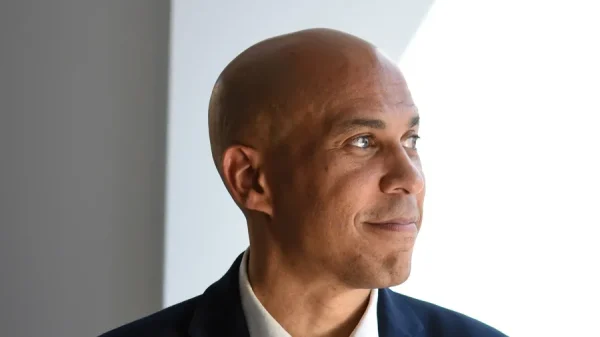European Super League Fails to Launch
The international soccer community was thrown into turmoil on April 18, 2021 with the formation of the multi-billion dollar European Super League (ESL), which would have granted exclusive league membership to Europe’s wealthiest teams, regardless of success on the field. The announcement was made on Sunday; by Tuesday, the league was dead.
The ESL’s lifespan was surprising for many reasons, not least due to the buy-in of some of Europe’s most historically successful clubs. Backed by $3.5 billion in distributed assets and weekly competition amongst such names as Real Madrid and Manchester United, the idea seemed to be a guaranteed success. So that begs the question, what went wrong? The answer lies within the fundamental differences between how professional sports are viewed in the United States versus Europe.
The proposal was met with immediate widespread and passionate backlash; pundits, players, and fans alike expressed their adamant disgust.
“Manchester United, a hundred years [ago], born out of workers around here, and they’re breaking away into a league without competition,” said former Manchester United player Gary Neville on Sky Sports. “It’s an absolute disgrace.”
The hatred even extended across the pond.
“It was about the owners of the clubs involved being greedy, but ruining European football at the same time,” said PHS junior Mounir Abouraya. “It was just a really selfish, stupid decision. All the backlash they got was deserved.”
The collapse of the Super League highlighted the fundamental differences between American sporting philosophies and those of Europe. Three of the 12 Super League entrants are owned by American firms, namely Arsenal’s Stan Kroenke (of LA Rams fame); Manchester United, operated by the Tampa Bay Buccaneers’ Glazer family; and Liverpool, owned by Fenway Sports Group, which also operates the Boston Red Sox.
“The American approach involves an exclusive coterie of owners, who ensure that their ‘private club’ can never be disrupted and operate their monopoly as a ruthless business enterprise,” said Montgomery County resident DJ Foroughi, a soccer historian and publisher of three novels on international soccer history.
In America, sports make lucrative sums due to this closed model. Teams generate hundreds of millions in prize money, ticket sales, and merchandising, allowing them to offer salaries in the tens of millions, incentivizing the sport for youths as a handsome career choice, thus funneling the most talented athletes to the sport and increasing its quality and money-making capacity. There is no penalty for poor performance.
“In summary, the American business model ensures greater profits, a captive and easily satisfied consumer audience, and exclusivity,” Foroughi said.
In Europe, that couldn’t be farther from the case. All six English clubs that attempted to break away and form the Super League have existed for well over a century, dating back to the early 1900s or late 1800s. European soccer clubs often trace their origins to a group of friends looking to enjoy themselves after work, so the sport maintained a fan-based, humble approach.
One of these approaches is the promotion and relegation system. Teams in England exist on a competition ladder of sorts. Successful seasons mean teams can earn promotion up the competitive tiers. But poor seasons have consequences as well, such as relegation to lower leagues.
Over time, clubs have grown alongside the sport, whether that was from on-field success or billionaire ownership. But with success, fans have begun to endure rising ticket prices, unscrupulous owners, and the monetary domination of the sport. The ESL proposal, which also stipulated there would be no relegation penalty for teams, was the straw that finally broke the proverbial camel’s back.
“The owners were undone by their lack of understanding of the global football culture,” said Foroughi. “One where the fans have the final say, are willing to act, and hold the clubs accountable.”
The American business model and sporting culture wasn’t the only factor that doomed the ill-fated ESL project; but it was a massive piece of the puzzle. On a continent where sport is dominated by the traditionalist working-class fans, rather than a set of business moguls, the complete elitist overhaul of a deeply-loved and time-honored pastime was never going to succeed.

Jack is a senior in the Humanities program. This is his second year writing for The Pulse, but his first year as a Copy Editor. Outside of the classroom,...










